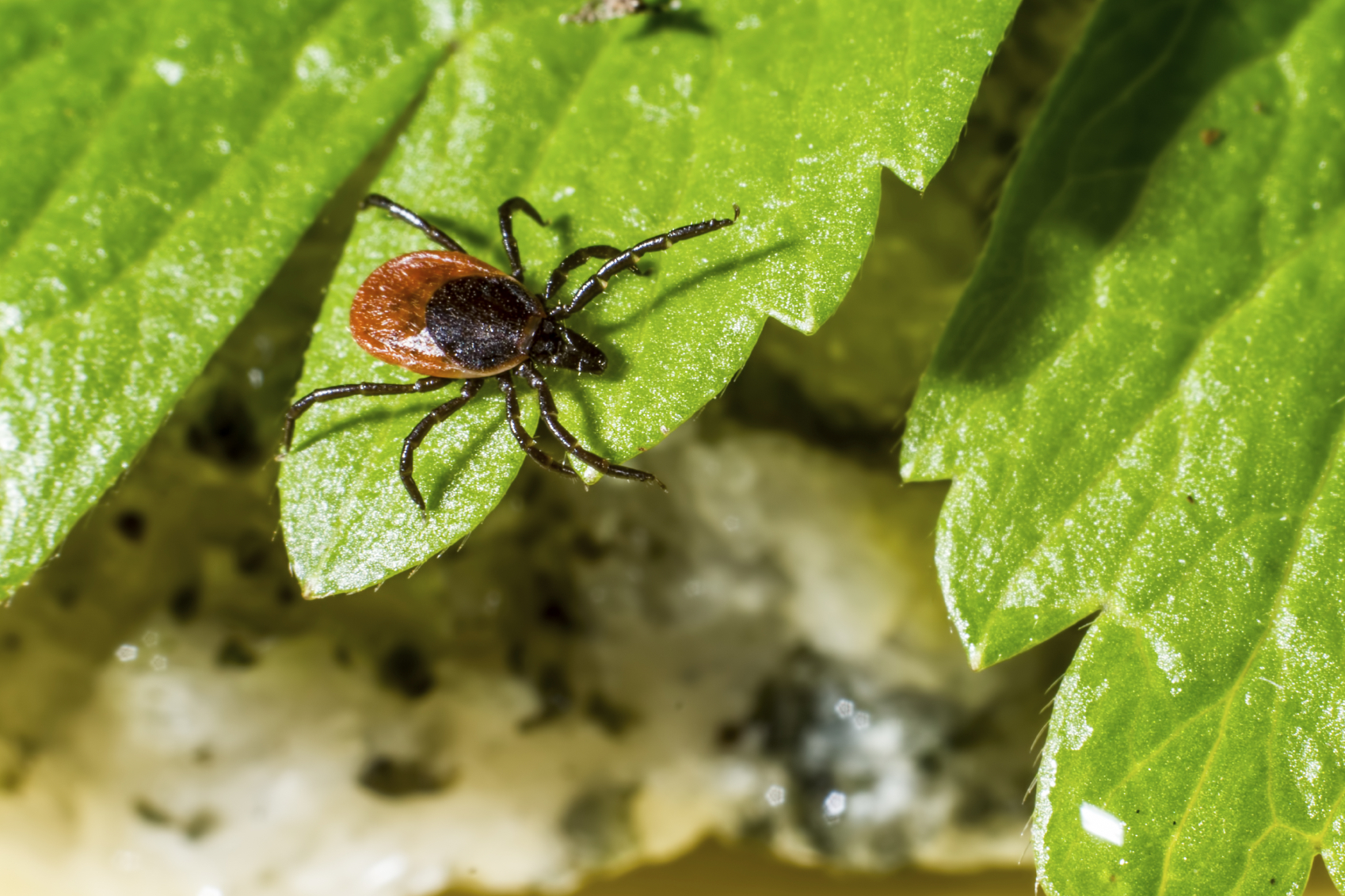How To Keep Ticks Out Of Your Yard And Garden

Establish a perimeter
The initial step to keeping ticks out of your garden is appropriate landscaping. Ticks require high humidity to live and they adore heaps of wood, leaf piles and whatever other yard waste. Gardeners often have this stuff lying around since we require “darker” material for compost. Be that as it may, you have to separate it from your principle gardening territory or dispose of it to keep the ticks under control.
If you keep the grass cut off and the yard clear of waste, this acts as a perimeter defense against ticks. In the same way as other insects, ticks detest cedar so you can use it to make a perimeter.
Use tick tubes
In April and July (in the U.S.) put out tick tubes each year to decrease the tick population. These are just cardboard tubes loaded down with cotton balls that are bound with Permethrin, a powerful bug spray. You drop these simply outside your yard, one about each ten feet until you encompass the territory you need to ensure.
The mice in the area will take the cotton balls to make their homes, which will kill the ticks in the home. Mice are key bearers of ticks since they make a trip near the ground and don’t groom themselves exceptionally well. Ticks are very slow moving on their own, yet mice can without much of a stretch transport them into your garden territory.
Beware of the animals
Mice aren’t the only animal that can convey ticks obviously. Pretty much any creature you’d need to keep out of your garden will likewise convey ticks. Chipmunks, voles, squirrels and deer are all creatures that can serve to convey ticks from the backwoods into your yard or garden zone. It’s practically difficult to continue everything out of your yard, however you can utilize repellents for smaller animals and fencing for bigger ones.
Chemical substance
This is all-natural chemical substance, yet one of the more successful techniques we’ve found for keeping ticks under control is to generously utilize cedar oil. Cedar oil is both a contact executioner and a compelling repellent of ticks. You can get it detailed in various ways. You should use it around the garden, and not directly on the plants.
Cedar oil is totally non-poisonous to people and it doesn’t bother beneficial insects like bees and butterflies.
In conclusion, if you find that you have been bitten by a tick. The best thing is to pull it directly off. There are a number of tick removal tools on the market and it’s handy to have one of those around when you need it.
Source: www.gardeningchannel.com


